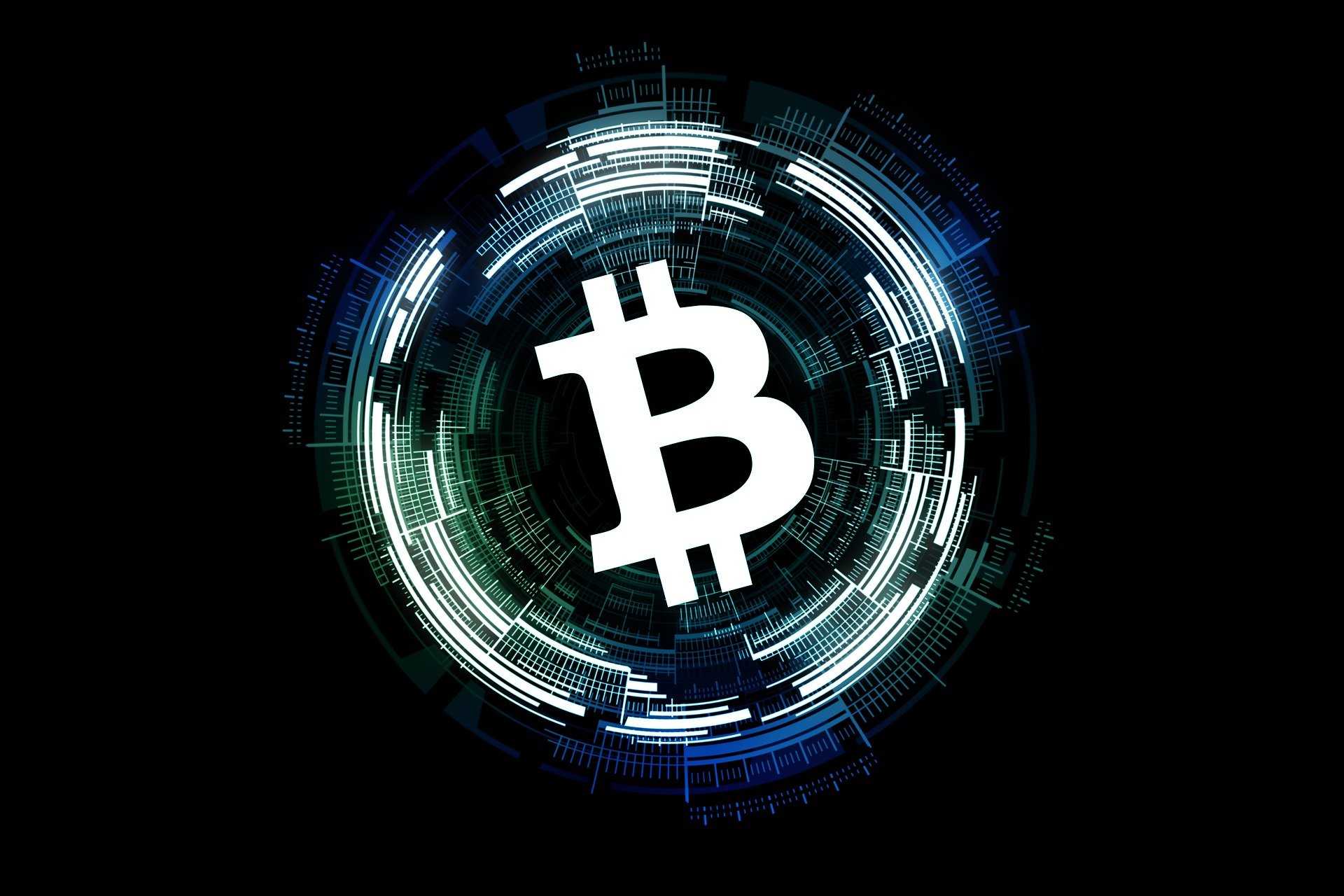Why DeFi will radically change how money is handled
People are tired of traditional financing methods and need to find new ways to handle their money. DeFi can solve this and more by connecting consumers with more options than they've ever known before.
What is DeFi?
DeFi, or “decentralized finance”, is the hottest term floating around these days and for good reason: it's intriguing everyone looking to break away from the traditional finance system (ie. banking, lending, trading, and investing).
Built on the Ethereum network, DeFi is accessible to anyone looking to interact with providers thats are completely decentralized from any platform.
At it's core, DeFi aims to put power back into the hands of the everyday user; giving them full control of how their money is used so that can they can make better informed decisions. This is because blockchain, not humans, is helping to facilitate these transactions. This has removed the middleman from the equation, allowing for faster ways of handling of funds throughout the network.
However, DeFi is still a relatively new concept along with the usage of blockchain technology, so it comes with it's fair share of challenges:
Scalability
Blockchain suffers from limited transactional throughput, meaning only so many transactions can be handled on the blockchain at one time. This also means higher fees for users since apps built on the blockchain would have to compete for space (blocks) when sending out transactions.
Security
Smart contracts are the bread and butter of any DeFi application. All DeFi products are built upon smart contracts dealing directly or indirectly with user funds. This of course gives incentive to attackers, however, and introduces immense risk and could ultimately attribute to financial loss. Developers need to put in a lot of effort into programming contracts without vulnerabilities.
Regulation
With having decentralization comes the problem of holding any one person, or entity, accountable when something goes wrong. That means when someone is hacked or assets are lost/stolen, there isn’t a sure-proof way of going to authorities to investigate since there is no main person responsible for handling these situations (ie. A bank)
Benefits of DeFi are plentiful
Even with all those limitations, there are plenty of real solutions that DeFi helps solve.
Imagine walking into a car dealership: you stroll through the selection of cars and pick out the one you really want. Instead of haggling with the salesman, signing a really bad loan with a high interest rate, you can just pull out your phone. Get a good deal on car loan, sign a contract, and boom you're out the door. Driving away in your sweet, new ride.
Blockchain gives you this option with the help of smart contracts. The use cases are endless on what an average consumer can interact with on the blockchain.
Maybe you want to refinance your home, or buy a new home. Maybe you can pay for college in installments with really low rates, instead of using shady loan systems. The idea is here that you don't deal with a bank or intermediary and instead it's just you and the entity. Directly.
Future state
With upgrades for Ethereum 2.0 slated for 2021, we are going to see a major shift in traditional financing methods being transferred onto blockchain. Many companies are starting to see the benefits of allowing consumers to pay with cryptocurrency, or with stablecoins, and it has opened many different opportunities for providers to connect consumers with alternative payment methods.
Scalability will also improve the number of transactions being completed and will give eth and other tokens more wide adoption among the average consumer.
Things are going to get interesting and DeFi is at the forefront of making the necessary change needed for the future of our economy.


